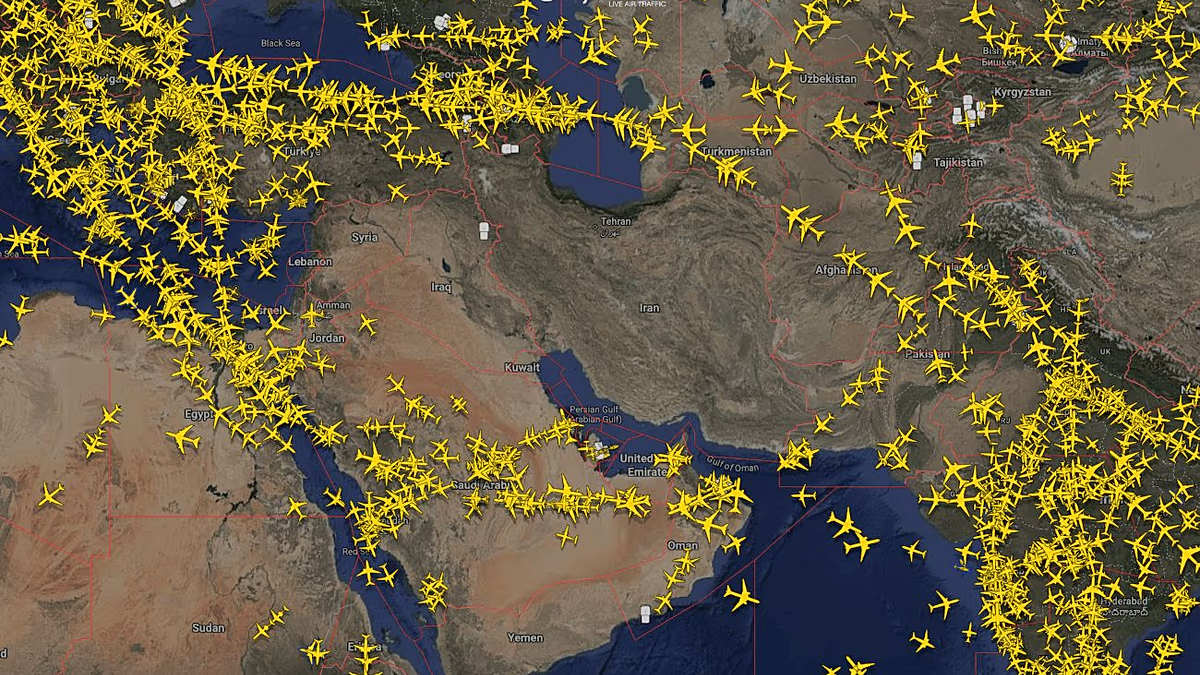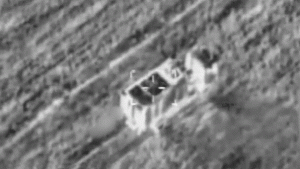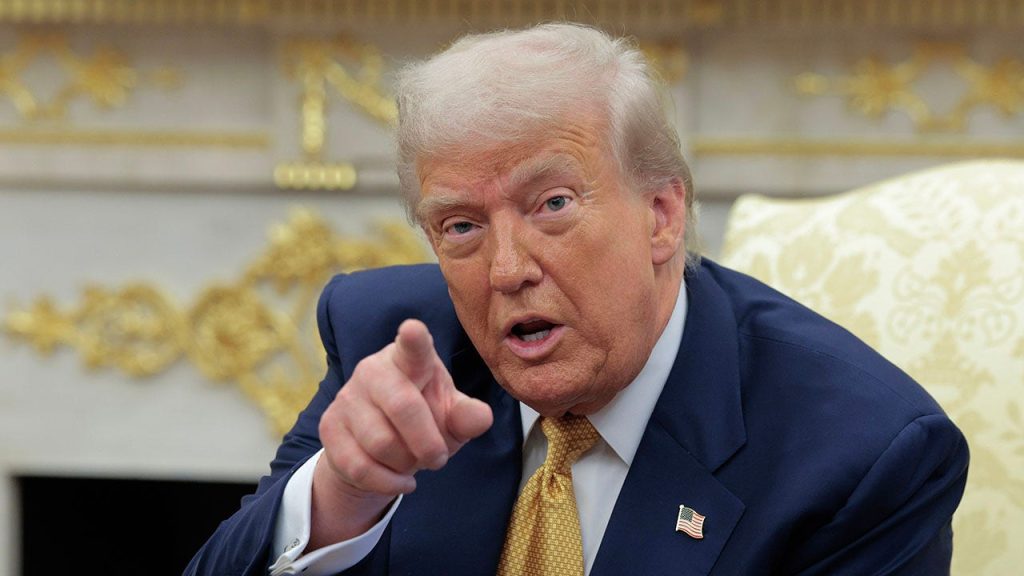U.S. Marines’ Strike on Venezuelan Cartel Vessel Signals Trump’s Aggressive New Approach to Drug Trade
The recent unprecedented strike by U.S. Marines on a cartel-operated vessel off Venezuela’s coast marks a significant shift in America’s approach to combating international drug trafficking. When U.S. forces killed 11 members of Tren de Aragua—a group the Trump administration designated as a terrorist organization in February—they sent a clear message that the rules of engagement have changed. This operation represents a dramatic departure from the traditional “seize and apprehend” tactics that have defined American anti-drug operations since the late 1980s. As former Venezuelan UN diplomat Isaias Medina put it, “The gloves are off.” This new aggressive stance signals that the Trump administration is no longer content with interdiction efforts that cartels have long factored into their business models as an acceptable cost of doing business.
Secretary of State Marco Rubio articulated this policy shift during a visit to Mexico, where he was also addressing cross-border arms and narcotics smuggling concerns. “The President of the United States is going to wage war on narco-terrorist organizations,” Rubio declared, explaining why previous approaches have proven ineffective. “These drug cartels—what they do is they know they’re going to lose 2% of their cargo—they bake it into their economics,” he elaborated. “What will stop them is when you blow them up, when you get rid of them.” This blunt assessment reflects the administration’s view that more decisive action is required to disrupt the international drug trade at its source rather than merely intercepting occasional shipments while allowing the organizations themselves to continue operating with relative impunity.
The context for this operation is complicated by the long-standing tensions between the United States and Venezuela’s Maduro regime. President Trump has made his opposition to Maduro abundantly clear, even offering a $50 million reward for information leading to the Venezuelan leader’s arrest and conviction. The deployment of U.S. military assets near Venezuelan waters prompted an immediate reaction from Maduro, who characterized it as “the biggest threat that has been seen on our continent in the last 100 years” and an attempt at regime change through military intimidation. These accusations highlight the geopolitical complexities surrounding anti-cartel operations in a region where drug trafficking is often intertwined with authoritarian governance and state-sponsored criminal activities.
Former diplomat Medina suggests that Maduro’s “unwilling or unable” approach toward tackling international drug cartels operating within Venezuelan territory created the conditions that justified Trump’s intervention. He draws parallels between Venezuela’s support for Tren de Aragua and Iran’s backing of groups like the Houthis, Hamas, and Hezbollah, arguing that both represent forms of state-sponsored terrorism that destabilize regions through violence and illicit trade. According to Medina, the marine strike followed strict rules of engagement when targeting an organization believed to be transporting drugs bound for American streets. The message is clear: “Safe harbors in international waters are no longer sanctuaries for traffickers and smugglers,” and those involved in such activities “now face decisive and powerful resistance from American forces and their allies.”
Despite the forceful nature of the operation and Maduro’s accusations about American intentions, experts remain skeptical that regime change is an immediate objective of the current deployment. Juan Cruz, who previously served as a National Security Council senior director for Western Hemisphere affairs, downplayed suggestions that the operation was specifically designed to topple Maduro’s government. “I can’t imagine this deployment had that specifically as an objective,” Cruz noted, though he acknowledged that Trump “will certainly take that as a win if, for some reason, it had that outcome.” This assessment suggests that while the strike represents an extension of Trump’s anti-Maduro policies, it may be primarily focused on disrupting drug trafficking networks rather than directly challenging Venezuela’s political leadership.
The White House has faced international questions and some pushback regarding the implications of this new approach for U.S. policy in South America. The unprecedented nature of the strike—moving beyond interdiction to direct military engagement with cartel vessels—raises important questions about the future of American counter-narcotics operations globally. As the administration expands its definition of legitimate targets from traditional military adversaries to include transnational criminal organizations designated as terrorist groups, the boundaries between law enforcement, counter-terrorism, and military operations continue to blur. What remains clear, however, is that the Trump administration has signaled its willingness to employ more aggressive tactics in the fight against international drug trafficking, particularly when those activities are perceived to be supported by hostile governments.















